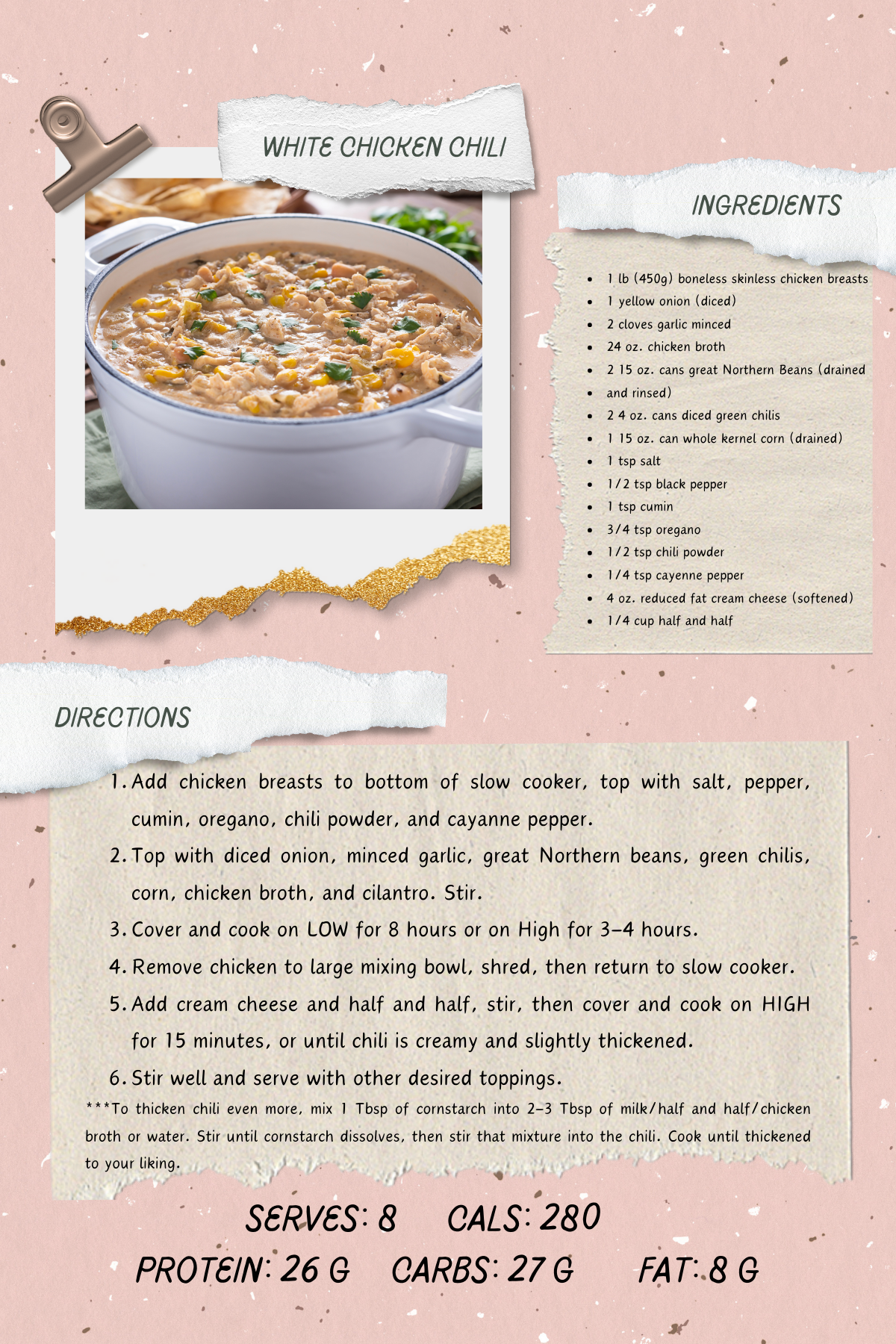Value the Friend More than the Friendship
/As many people know, I love to listen to podcasts and Ted Talks and talks by people I consider to be wise. One person in particular I often refer to is Andy Stanley. I was listening to one of his series tonight, in which several speakers participated, on my drive from Atlanta to Augusta.
I’ve heard Andy comment in a number of his talks about the importance of having mentors and wise people who will provide us with guidance, direction and insights along our journeys. Successful people in all arenas (and by success, I do not necessarily mean money), note having a number of such advisors to help guide them in their lives.
We all need people to help us navigate unchartered territory, to help us through difficult stages of life, and to steer us in a helpful direction when we veer off track.
How many of us actually have people in our lives who are willing to tell us the difficult things we might not want to hear, but need to hear?
How many of us are willing to say difficult things to the people we love who might not want to hear, but might benefit from, hearing our concerns?
It seems easy to refrain from saying to a good friend or family member things like:
“When I hear you talk to your husband in a rude tone on such a regular basis, I feel upset and worried for you. It seems like he’s the only one you speak to so harshly. I worry about the effect that has on your relationship, not only with him, but in the way you feel about yourself.”
“I’ve noticed you talking more frequently about drinking an entire bottle of wine after the kids go to bed. I’m worried about your health, what would happen if one of the kids needed you in the night, and how your drinking might be affecting your work the next day.”
“I know this is a very sensitive thing to talk about and I’m going to do it because I love you enough to tell you. I’m scared because I’ve realized your weight is now resulting in your being out of breath walking up the stairs. You are also canceling our walking dates more often than you are keeping them. I want you to live as long and as healthy a life as possible and to see your grandkids grow up.”
“Since you had weight loss surgery, I’ve noticed that you are taking your prescription pain medication every few hours. You used to take them only a few times a week. I’m worried that you have found a different, yet equally unhealthy way to avoid your feelings. Let’s talk about this.”
Maybe you’ve been told (or rationalized to yourself) that your brother’s drinking is none of your business so it’s not your place to “interfere.” Maybe you’re thinking that since your friend’s use of pain medication doesn’t directly affect your life, you have “no right” to say anything.
A very wise woman who has been a mentor in my life for many years taught me, “You always have a right to share your thoughts, your feelings and your observations” with others. I’ve learned that it’s important to share my thoughts, feelings and observations in appropriate ways AND that I cannot expect anything specific from the person after I have done so.
Translated:
Use “I” messages when sharing your thoughts, your feelings, your observations:
“I worry that your drinking is harming your children…”
“I am concerned that you are spending so much money because…”
“It appears to me that…”
When you do share your thoughts, your feelings, or your observations, you have to accept that the person may: thank you for sharing; may tell you the issue is none of your business; my get angry and say things like, “How dare you…”; may turn things around and say, “Well, what about the way you…”; may follow up and get help for the issue; or may never speak to you again. In other words, share with them because you care for them, not because you expect them to do what you think is best for them.
One of the wisest things I have learned in life is, “You are only responsible for the effort you put into whatever you do.” The outcome is not yours to control. For example, if you eat healthy and exercise regularly, your body may remain at a weight you think is “too high.” You are responsible for the eating right and exercise. A healthy weight for your body may not be what you would like the scale to say, but you are only responsible for your effort.
Similarly, you are only responsible for kindly, lovingly sharing your thoughts, your feelings, and your observations with others. You are not responsible for what they do with what you have shared. You are responsible for realizing that you don’t get to control the outcome based on what you would like to see happen or what you believe is the “best” thing for that person.
Another reasons people don’t honestly share their concerns for loved ones is, “They might not like me.” I’d rather have someone not like me and potentially make some changes in their life, even if they never speak to me again than to have them “like” me while I watch them make unhealthy decisions for themselves and others.
Take it from someone who has done this sharing of her thoughts, feelings and observations a number of ways. In the past, I did so in some very inappropriate ways (yelling, blaming, shaming). I would let things bottle up and then explode. That did not work well and always made me feel horrible about myself in the process. I’ve also not said anything to people when, in retrospect, I wish I had.
As I’ve worked through many of my own issues over the years and have learned more about healthy communication, I have become less worried about whether someone will “like” me for sharing my truth. I’ve realized that I may lose some relationships if I do say something, which has happened. And I’ve learned that I cannot make anyone do what I think is best for them.
Most importantly, I have learned what that what Andy Stanley says is so very true, “Value the Friend MORE than the Friendship.” I am blessed to have three incredible friends with whom I can share my deepest concerns and they do the same with me. We don’t get angry with one another, realizing that if we share something the other may not want to hear, it is out of deep love. I have a husband and grown children with whom I am able to do the same. I share my concerns with them and I ask them to let me know when they see me behaving in ways that are contrary to my values. This is love, the verb.
Do you value yourself and do you love your friends and family enough to share your honest thoughts, feelings and observations with them, even if it means risking the relationship? And… are you open to hearing the truth from those that love you?
Good food for thought.




